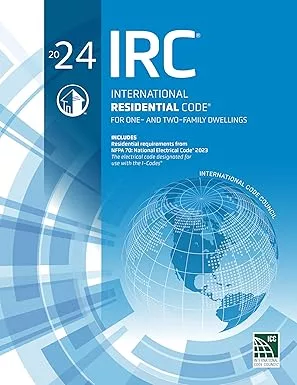NSF International announces new Southeast Michigan laboratory, expands plastic pipe testing capabilities

NSF International’s new Willow Run Laboratory in Ypsilanti, Michigan, tests plastic piping to verify the required durability, performance and safety criteria of standards are met for use in a variety of commercial and residential applications. The lab also conducts custom plastic testing and research and development. Photo credit: NSF International
NSF International, a global public health and safety organization, has completed the moves of two of its laboratories to one new 20,000-square-foot space in Ypsilanti, Michigan.
The expanded location brings together all of NSF’s plastics testing and certification capabilities, including advanced chemical and structural testing on plastic pipes, fittings and valves, metal fittings and components, manifolds, solvent cements, thread sealants, PVC ingredients and plastic materials for global applications.
NSF International is an independent testing and certification organization for the plastic industry, including PE, PE-RT, PEX, PP, CPVC and PVC pipes. The plastic testing laboratories have been relocated from Aurora, Ontario, Canada and from within the NSF International global headquarters in Ann Arbor, Michigan. The new facility, known as the Willow Run Laboratory, is about 15 miles from NSF’s headquarters.
The moving phases had been ongoing for more than a year, and the new Willow Run Laboratory has remained fully operational during the COVID-19 pandemic to fulfill NSF International’s public health and safety mission as it relates to product safety.
“By bringing NSF’s laboratories under one roof, we are offering greater ease to our global clients, providing advanced plastic pipe, fitting and material testing, and establishing Southeast Michigan as the heart of the plastic piping testing industry,” said Dave Purkiss, vice president of the Global Water Division at NSF International.
Plastic products are tested to verify they meet the required durability, performance and safety criteria of 150 methods and standards used in commercial and residential applications. These applications include drinking water, radiant heating, gas distribution, sprinkler/fire safety, electrical conduit and geothermal systems.
Separate from testing for certification, the new lab also conducts custom plastic testing as well as research and development. This includes evaluating non-standard components using routine tests. It can also include evaluating routine components using non-standard tests and simulation of in-service conditions. One example is applying a test typically designed for rigid piping products to a flexible hose in an atypical environment to potentially determine failure mechanisms or estimated lifetime.
The new facility offers nearly 2,000 test stations, including stations for long-term pressure/stress testing and hydrostatic design basis (HDB) and minimum required strength (MRS) ratings, as well as short-term burst and other pressure performance requirements.
The Willow Run Laboratory tests up to 18-inch diameter pipes under sustained pressure and up to 4-inch diameter pipes for chlorine resistance. The lab also evaluates the long-term impact of disinfectants such as chlorine, chlorine dioxide and chloramines on plastic material performance. Other specialties include slow crack growth (SCG) validation and rapid crack propagation (RCP) testing.
The lab is part of NSF International’s global network of ISO/IEC 17025-accredited laboratories throughout North and South America, Europe and Asia.
NSF International provides risk assessments, testing, inspection and certification services for the water industry from source to tap, including plastic, plumbing, filtration, water treatment chemicals and municipal water treatment sectors. NSF facilitated the development of the American National Standards for all materials and products that treat or come in contact with drinking water to help protect public health and the environment and minimize adverse health effects. In 1990, the U.S. EPA replaced its own drinking water product advisory program with these NSF standards.
Looking for a reprint of this article?
From high-res PDFs to custom plaques, order your copy today!






